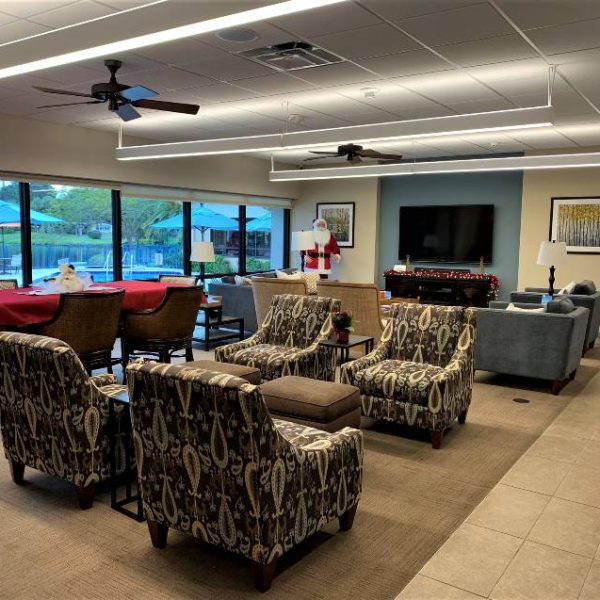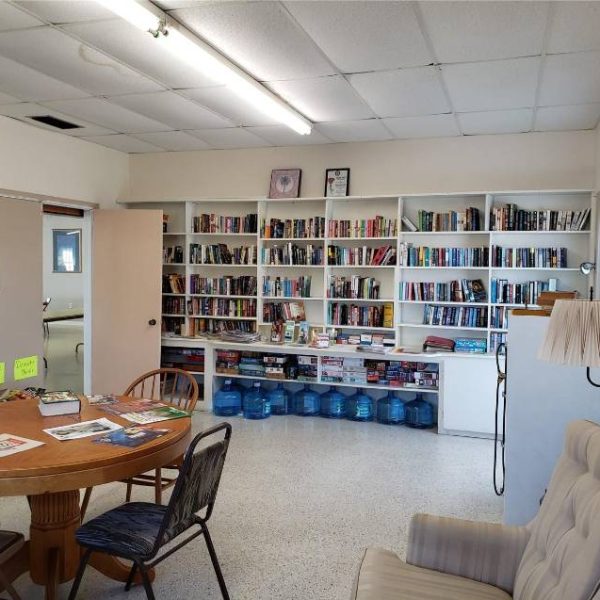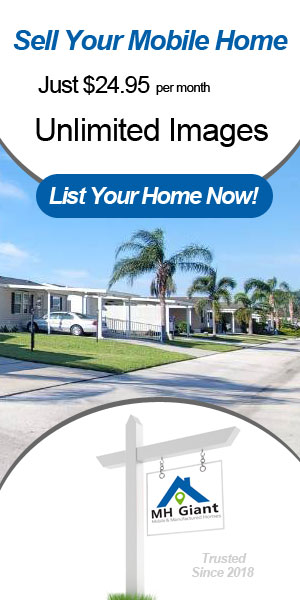Table of Contents
What is Mobile Home Park Lot Rent?
Mobile home park lot rent refers to the fee that residents pay to lease a specific plot of land within a mobile home park. Unlike traditional homeownership, where a homeowner owns both the house and the land it sits on, mobile home park residents usually own their mobile homes but lease the land from the park owner or management company.
This setup allows for a more affordable entry into homeownership by reducing the upfront cost of purchasing land. Here’s a comprehensive look at what mobile home park lot rent is, what it typically includes, and its significance for residents.
1. The Basics of Lot Rent:
At its core, mobile home park lot rent is a leasing fee that grants residents the right to occupy a designated lot within the mobile home park.
This fee is typically charged on a monthly basis, although some mobile home parks may offer different payment schedules, such as quarterly or annually. The rent is paid to the park’s management or landlord, and the amount can vary significantly depending on factors like location, amenities, and market conditions.
2. What Does Lot Rent Cover?
Mobile home park lot rent usually includes several essential components that are crucial to the living experience in the park:
- Lease of the Land: The primary component of lot rent is the fee for leasing the land where the mobile home is placed. This rent allows residents to place their homes on a specific plot within the park without owning the land itself.
- Basic Utilities: In many mobile home parks, the lot rent includes basic utilities such as water, sewer, and trash removal services. However, the inclusion of utilities can vary by park. Some parks may provide these services as part of the rent, while others may charge separately.
- Maintenance of Common Areas: Lot rent often covers the cost of maintaining and improving common areas within the park, such as roads, sidewalks, landscaping, and recreational facilities. This includes regular upkeep tasks like snow removal, road repairs, lawn care, and tree trimming, ensuring that the park remains safe and aesthetically pleasing.
- Access to Amenities: Many trailer or mobile home parks offer various amenities, such as swimming pools, clubhouses, playgrounds, fitness centers, and community gardens. Access to these amenities is generally included in the lot rent, allowing residents to enjoy these facilities without additional costs.
- Security and On-Site Management: Lot rent may also cover security services or on-site management provided by the park. This can include security patrols, gated access, or an on-site manager to handle maintenance issues, enforce park rules, and address resident concerns.
- Waste Management: Most parks include waste management services in the lot rent, ensuring regular garbage pickup and maintaining a clean environment for all residents.
- Insurance for Common Areas: The cost of insuring common areas and park facilities is often included in the lot rent. This insurance protects both the park owner and residents against potential liabilities.
- Pest Control: Some parks include pest control services as part of the lot rent to manage common pests like insects and rodents, ensuring a comfortable living environment for residents.

3. Factors Influencing Lot Rent Costs:
Several factors can affect the cost of lot rent, which can vary widely from one park to another:
- Location: Parks located in high-demand areas, such as near urban centers, popular suburbs, or scenic locations, typically charge higher lot rents due to the desirability of the location.
- Amenities and Services: Parks that offer a wider range of amenities (like pools, fitness centers, or community events) or more comprehensive services (such as lawn care, snow removal, or enhanced security) generally have higher lot rents.
- Lot Size and Position: The size and location of the lot within the park can influence the rent amount. Larger lots or those in more desirable locations (e.g., with better views, more privacy, or proximity to amenities) may have higher rents.
- Market Conditions: Local housing market conditions, such as supply and demand for mobile home living, can also impact lot rent prices. During periods of high demand or low availability, lot rents may increase.
4. Importance of Understanding Lease Agreements:
Lot rent is governed by a lease agreement between the park owner and the resident. This agreement outlines the terms of the rental, including the rent amount, payment schedule, duration of the lease, and any park rules or regulations that residents must follow. Lease agreements can vary widely:
- Long-Term vs. Short-Term Leases: Some parks offer long-term leases, providing stability and predictable rent costs for residents. Other parks may have short-term leases that allow for more frequent rent adjustments, which can be beneficial for the park but less stable for residents.
- Rent Increases: Lease agreements often include terms regarding rent increases. Understanding these terms is crucial, as some parks may have regular, scheduled rent increases, while others may increase rent based on market conditions or park improvements.
- Rules and Regulations: The lease agreement also typically includes the park’s rules and regulations, which govern aspects of daily living, such as pet policies, noise restrictions, and maintenance responsibilities.
5. Benefits and Challenges of Lot Rent:
Benefits:
- Affordability: Mobile home park lot rent provides an affordable housing option, especially for those who cannot afford to purchase land outright. It allows residents to enjoy the benefits of homeownership without the substantial upfront costs associated with buying real estate.
- Flexibility: Mobile home living offers greater flexibility compared to traditional homeownership. Residents can sometimes relocate their mobile homes to a different park or location if needed, without the complexities of selling land.
- Community Living: Many mobile home parks foster a strong sense of community, with shared spaces and amenities that encourage social interaction among residents.
Challenges:
- Lack of Land Ownership: Since residents do not own the land, they do not benefit from potential appreciation in land value. This can be a disadvantage compared to traditional homeowners who can gain equity as their property value increases.
- Potential for Rent Increases: Lot rent can increase, sometimes unexpectedly, which can affect the affordability of living in the park. It’s important for residents to be aware of the potential for rent hikes and to consider them when planning their finances.
- Dependency on Park Management: Residents are subject to the rules, regulations, and decisions of the park management. Changes in park ownership or management policies can impact residents’ living conditions and costs.

6. How Lot Rent Compares to Traditional Housing Costs:
When comparing lot rent to traditional homeownership costs, several key differences stand out:
- Ownership of Land: In traditional homeownership, you own both the house and the land, allowing you to build equity and benefit from land value appreciation. In mobile home living, you lease the land and do not gain equity in it.
- Property Taxes: Traditional homeowners are responsible for paying property taxes on their land and home. In contrast, lot rent typically includes the cost of property taxes on the land, which is factored into the rent paid to the park owner.
- Maintenance Responsibilities: Homeowners are responsible for all maintenance on their property, including the land and structures. Lot rent often covers some aspects of land maintenance, such as road repairs and landscaping, reducing the burden on residents.
- Flexibility and Mobility: Mobile home living offers greater flexibility for residents who may want or need to relocate, as the home can often be moved to a new location. Traditional homeownership is generally more permanent, with more complexities and costs involved in relocating.
Summary
Mobile home park lot rent is a fundamental part of mobile home living, providing residents with an affordable and flexible housing option that balances the benefits of homeownership with the lower costs and responsibilities of renting.
By understanding what lot rent includes, how it is structured, and the factors that influence its cost, prospective residents can make informed decisions about whether mobile home living is the right choice for them. As the demand for affordable housing continues to grow, mobile home parks offer a unique solution that combines affordability, community, and convenience.

 At its core, mobile home park lot rent is a leasing fee that grants residents the right to occupy a designated lot within the mobile home park.
At its core, mobile home park lot rent is a leasing fee that grants residents the right to occupy a designated lot within the mobile home park.